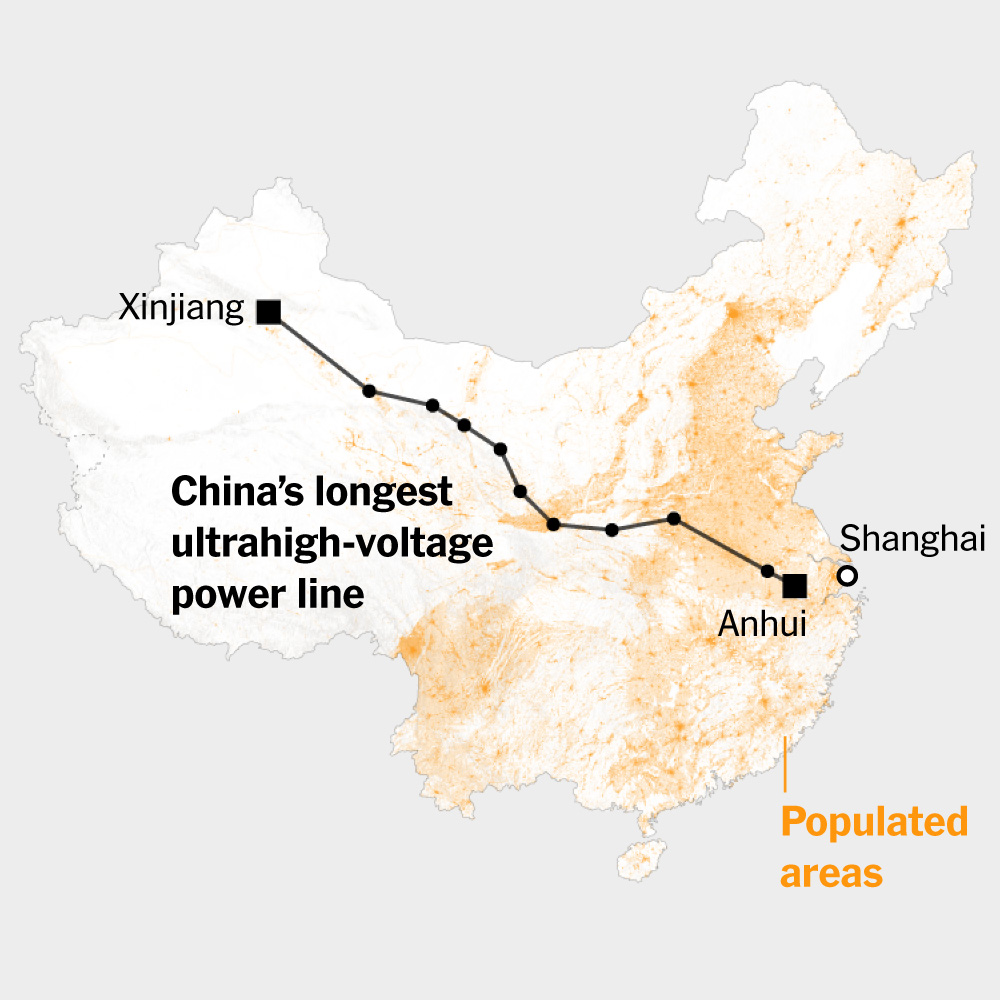Sierra Club’s Turn Toward Social‑Justice Causes Sparks Internal Rift, Leaving the Organization Weakened Ahead of a Fierce Battle With the Trump Administration

The Sierra Club, long‑standing champion of environmental protection, has dramatically broadened its mission in recent years, incorporating a sweeping social‑justice agenda alongside its traditional focus on climate change. While the shift was hailed by many as a necessary evolution to address the intersecting crises of pollution, inequality, and political disenfranchisement, it has also ignited a bitter power struggle within the organization. The resulting turmoil has left the Club’s leadership and rank‑and‑file members divided at a time when the group is gearing up for a high‑stakes confrontation with the Trump administration over a raft of environmental rollbacks.
From “Save the Earth” to “Save the People”
Founded in 1892, the Sierra Club built its reputation on landmark campaigns to protect national parks, curb air‑pollution, and, more recently, push for aggressive carbon‑reduction policies. In 2016, under the stewardship of then‑president Michael Brune, the Club announced a strategic pivot: climate justice would become a core pillar of its work, linking the fight against greenhouse‑gas emissions to the struggles of low‑income and minority communities disproportionately harmed by environmental degradation.
“The climate crisis is not just a scientific problem; it’s a human rights issue,” Brune told a gathering of activists at the Club’s annual meeting that year. “If we ignore the social dimension, we’re fighting an uphill battle.”
The new direction spurred the creation of a “Justice and Equity” department, the hiring of dozens of organizers with backgrounds in civil‑rights advocacy, and the launch of high‑profile campaigns such as “Clean Air for All” and “Just Transition for Workers.” The Club also began to endorse progressive candidates for local and national office, further blurring the line between environmental activism and partisan politics.
A Growing Backlash
The broadened agenda, however, quickly ran into resistance from long‑time members who feared the Sierra Club was diluting its core mission. A faction of grassroots chapters, particularly in the Mountain West and the Pacific Northwest, argued that the organization’s resources were being diverted from essential battles over public‑land protection and renewable‑energy legislation.
“People joined the Sierra Club because they cared about protecting the wilderness, not because they wanted to get involved in every social issue under the sun,” said Jim Whitaker, president of the Sierra Club’s Idaho Chapter. “We’re seeing the Club stretch itself so thin that it can’t do anything well.”
At the 2019 national convention, the dissent coalesced into a formal motion to rescind the Justice and Equity department’s budget, citing “mission drift” and “financial imprudence.” The motion was defeated, but the vote exposed a deepening fissure that would soon erupt into public infighting.
The Fallout: Leadership Turmoil and Membership Decline
In early 2020, internal tensions boiled over when a group of senior staff members filed a grievance alleging that the Club’s leadership had failed to follow proper governance procedures in appointing the new equity officers. The grievance triggered an independent audit, which uncovered irregularities in the allocation of grant money earmarked for community‑based climate projects. Although the audit cleared the leadership of wrongdoing, the damage to the organization’s credibility was already done.
By mid‑2021, the Sierra Club’s national board voted to place a temporary “probationary” status on its Justice and Equity initiatives pending a comprehensive review. The decision sparked protests at headquarters in Washington, D.C., where dozens of activists staged a sit‑in, chanting “Climate justice now!” and “No more bureaucracy!”
The internal chaos coincided with a sharp drop in membership. The Club’s quarterly reports show a 12 % decline in individual dues from 2020 to 2022, the steepest fall in its 130‑year history. Fundraising also took a hit; several major donors withdrew pledges, citing concerns that the organization had become “over‑politicized.”
A Weakened Front Against the Trump Administration
Just as the Sierra Club grappled with its own identity crisis, the Trump administration accelerated its dismantling of environmental safeguards. In 2022, the White House moved to roll back the Clean Power Plan, loosened standards for methane emissions, and opened up millions of acres of federal land to oil and gas drilling.
Historically, the Sierra Club has been a linchpin in coordinated legal challenges against such policies. However, the current internal discord has hampered its ability to mount a unified response. According to legal analyst Maria Torres, “The Club’s litigation teams are spread thin, and the lack of consensus on strategic priorities means that cases are being delayed or, in some instances, abandoned.”
Indeed, a coalition of environmental groups that had planned a joint lawsuit against the administration’s “America’s Energy Future” rule announced in September that the Sierra Club would not be joining the effort, citing “resource constraints.” The withdrawal was widely interpreted as a direct consequence of the organization’s internal strife.
Looking Ahead: Reconciliation or Further Fragmentation?
In a recent town‑hall meeting streamed to over 10,000 members, newly elected Sierra Club president Ben Jealous (former NAACP leader) pledged to “heal the wounds” and refocus the Club’s energy on both climate action and equity, but without sacrificing its environmental core. Jealous outlined a three‑phase plan: (1) a transparent audit of all justice‑related spending, (2) the formation of a joint steering committee with representatives from traditional conservation chapters and the Justice and Equity department, and (3) a renewed lobbying strategy aimed at counteracting the Trump administration’s rollbacks.
Whether this roadmap can restore unity remains uncertain. Some critics argue that the Club’s attempt to be everything to everyone may be fundamentally untenable. Others contend that embracing an intersectional approach is essential for building the broad, inclusive coalition needed to confront the scale of the climate emergency.
As the Sierra Club navigates this turbulent crossroads, its next moves will not only shape its own future but also influence the broader environmental movement’s ability to confront one of the most formidable political adversaries in recent memory. The stakes are high, and the world will be watching to see if the organization can reconcile its divergent strands before the battle against the Trump administration reaches its decisive phase.




